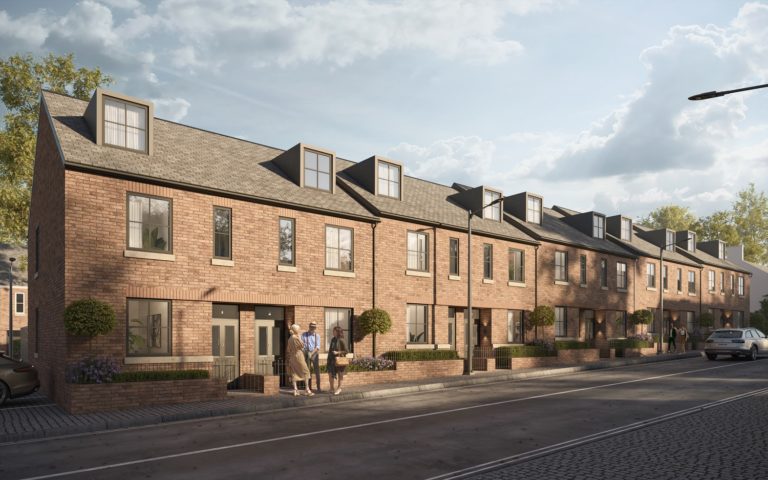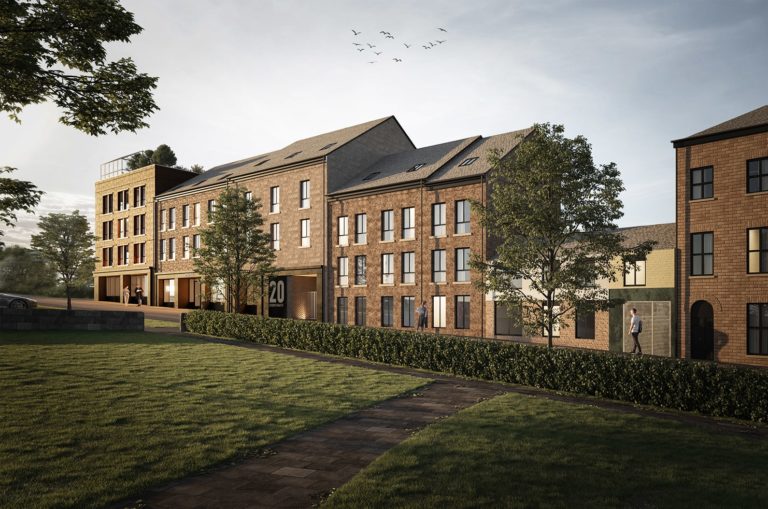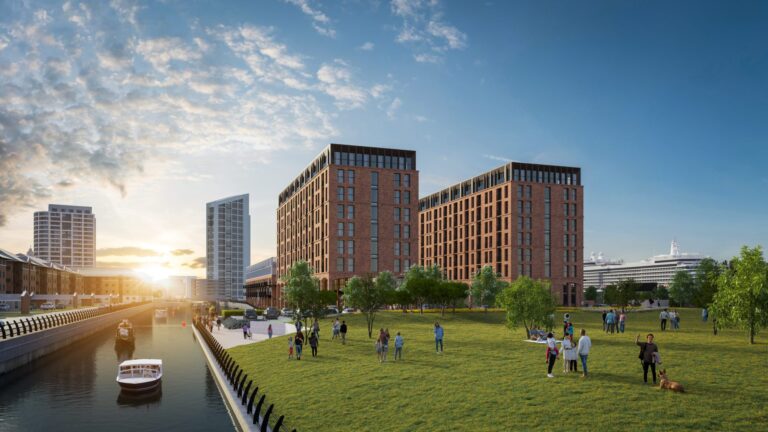A new report has revealed just how long it could take for today’s first-time buyers to save for a deposit, and it’s pushing the housing ladder further out of reach for many.
The gap between wages and house prices is widening, meaning that the length of time – or the salary required – to be able to save enough for a deposit on a home is putting many would-be buyers into difficulty.
Although the average age of first-time buyers is currently around 33 years old, according to government figures, the latest analysis conducted by Interactive Investor indicates this could be much higher in some parts of the country.
In what was described as a ‘long slog’ by Alice Guy, head of pensions and savings at Interactive Investor, the average length of time for a 21-year-old earning a median wage and saving 10% of their take-home pay to amass enough cash for a house deposit is 13 years. This means they won’t get onto the property ladder until they’re 34 years old.
But if you look at London, where the average home costs around £523,325, according to the latest ONS data, the same 21-year-old on an equivalent wage in the capital could take 19 years to save up a deposit at the same rate, meaning they’ll be 40 years old before owning a home.
The income/house price mismatch
The fact that the gap between salaries and property values is wider than ever means that it has never been more difficult for first-time buyers to save up. This tallies up with the fact that rental demand is sky-high across many parts of the UK, as people remain renting for longer than ever.
Many would-be first-time buyers may become permanent tenants, making the most of the additional freedom and flexibility that renting brings, without having to make the financial sacrifice of saving for a deposit. For those that do strive for homeownership, many are increasingly turning to family for help.
Interactive Investor’s report demonstrated the difference between saving for a deposit in London, the most expensive region, and saving for one in the cheapest place in the country, the north east.
The average home in the north east will set you back £156,912, while the average salary for a 21-year-old living there is £18,944, rising to £25,730 for 22-to-29-year olds and £31,951 for 30-39-year-olds. In this part of the country, first-time buyers looking at these averages will take eight years to save for a deposit.
On average across the UK, the analysis also narrowed down the length of time to save for a deposit depending on if you’re a high, low or middle earner. High earners will take an average of just nine years to save up to buy a home, compared with 13 years for middle earners and 16 years for low earners.
First-time buyers: don’t overstretch
As Interactive Investor’s Alice Guy points out, many young people may never own a home. This is why the private rented sector is now more important than ever, with landlords offering crucial accommodation to those who want to live independently but can’t afford – or do not want – to buy.
Particularly with the rising cost of living, saving 10% of your take-home pay each month is not an easy feat, and many prospective first-time buyers may decide it isn’t worth it.
Guy says: “Young people face a stressful juggling act with the triple whammy of high house prices, large student debts and needing to save if they want to start a family. And on top of this, they also need to start saving into their pension if they want to achieve a comfortable retirement in the future.
“For previous generations it was relatively easy to live on beans and toast for a few years, knowing that home ownership would be possible after a few frugal years. But now young people have a long slog ahead and it’s easy for something to trip them up along the way, perhaps a period with lower pay or having children earlier than planned.”
Guy also points out the importance of family help for many young people to become first-time buyers, but says this means there is a “widening gap between the haves and the have nots”.
“It’s encouraging to see that some lenders are now offering mortgages with lower levels of deposit needed. But most of these mortgages need a guarantor, usually a family member who will step in if you can’t repay your loan.
“Homeowners will also need to be carefully not to overstretch, especially as house prices are currently falling. If they buy a house on a 100% mortgage and house prices fall, they could end up with negative equity where the mortgage they owe is more than the house is worth.”









